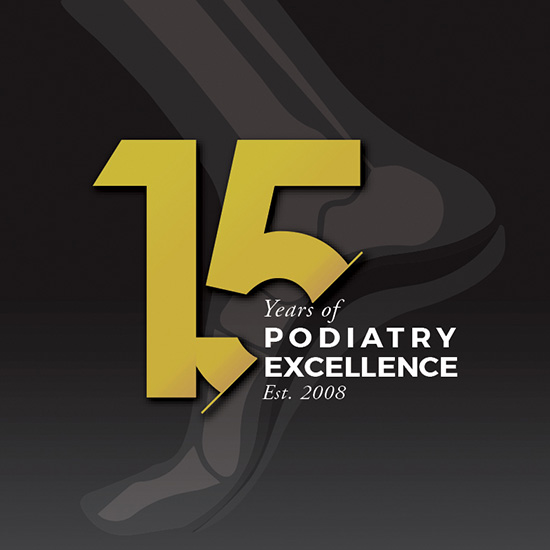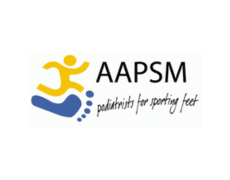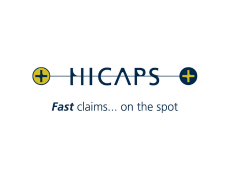Have a question?
Here are some of the more common questions we get asked at Performance Podiatry Bateau Bay. If you have any further questions please reach out to our friendly staff.
Podiatry specialises in conditions affecting the human foot and structural problems of the lower limb (biomechanics). Podiatrists are able to diagnose a wide range of foot, ankle, knee, hip and lower back problems.
Podiatrists are highly qualified health professionals requiring a Bachelor Degree in Podiatry. Podiatrist’s scope of practice involves paediatrics, diabetes, lower limb biomechanics, sports injuries, minor nail surgery and general foot care.
The foot is a complex structure involving over 100 ligaments, 33 joints, 26 bones and 31 muscles that produce movement and support. With this in mind it is easy to understand that there is a wide range of medical conditions that can cause problems to your foot.
If you were referred by your doctor or another health care professional please bring your referral letter. If you have any relevant scans (e.g. X-rays, CT, MRI) this can also help with our treatment. Wearing shorts or loose pants can be helpful when assessing your legs when walking. Please bring along any new and old sport shoes to be assessed for their support and wear patterns. If you do not own or require new shoes do not buy any until your appointment, we can assist you with buying the right shoe. Additionally, if you have old orthoses bring these along to your consult.
Ingrown toenails form due to a number of reasons. The most frequent causes for this common complaint include
- Poor cutting technique. Cutting down the sides of nails easily allows a nail spicule to be left unnoticed. This spicule continues to grow into the skin or cause pressure.
- Abnormal nail shape. Nail plates that are curled, deep or are too large can make your nails more prone to ingrowns.
- Inappropriate footwear. Shoes that are too tight at the toe box or too narrow can cause the toe to rub against the shoe making the wearer more prone to ingrown toenails.
Other problems that can cause ingrown toenails are fungal nail infections, trauma or sweaty feet.
Flat feet is the common term used for foot pronation. Foot pronation is basically when the inner arch of the foot becomes lowered to the ground. Flat feet can be a cause of ankle, knee, hip and lower back pain. Some factors that can cause foot pronation include age, genetics, obesity/overweight and pregnancy.
In the past it was believed to be a sign of a poorly structured and functioning foot. However, now it has been found to be no more prone to injury than any of the other foot type. It is believed the activities we do and the way we move have more of an influence on foot injuries and pain.
People with diabetes are at a higher risk of complications to their feet. This is due to circulation damage (peripheral vascular disease) and nerve damage (peripheral neuropathy). Blood flow and nerve related problems can commonly start first in the feet. Your feet can also become dry, callused and change shape with diabetes. This is why podiatry is important in the management of your diabetes. Regular diabetes assessments and general treatments keeps your feet healthy and is important in reducing the risk of developing ulcerations and infections.
All these risks can be minimised with you controlling your blood glucose levels, exercising, eating a balanced diet and taking good care of your feet.
Foot Orthoses are inserted inside shoes to support or improve the function of your foot and lower limb. Orthoses provide pain relief and reduce injury by improving the abnormalities in your biomechanics and foot posture.
Orthoses help to correct foot alignment and influence motion through the foot by controlling the rear foot and supporting the arch of the foot. This allows your body to function more effectively. The amount of control and support is determined through your biomechanical assessment.
Orthoses can provide relief for acute and chronic pain in your foot and lower limb. Some common conditions where Orthoses may be needed include tendinopathies, osteoarthritis, plantar fasciitis and mortons neuromas. Orthoses can also assist with long term relief of corns or calluses by evening the surface area of your feet to reduce high pressure areas.
Off-the-shelf orthoses are pre-made and are thus designed for the average foot type. This limits the amount of correction and support. These orthoses are additionally made of a soft foam material which compresses more easily with time. These orthoses are usually not desired for sports, as activities like running can produce up to 4 times a person’s body weight through the foot. As a result distorting the orthoses more quickly. These orthoses are designed for people with mild pronation and a foot type close to neutral.
Custom made orthoses are designed specifically for your feet. These orthoses are specific as we use a 3D laser scanner to obtain the exact impression of your feet and create a personalised orthotic lab script to give you the correct control for your foot type and condition. These orthoses are made from more durable materials such as polypropylene and hard wearing top covers allowing the orthoses to be more resilient.
Adjusting to orthoses depends on person to person. If you have not had a pair of orthoses before or it has been sometime since you had a pair, the orthoses may take approximately 2 weeks to adjust too. If you have had a recent pair of orthoses it make only take a few days. Your podiatrist will provide you advice on how to gradually adjust to your new orthoses. Discomfort in your feet and legs is a symptom of your body also adjusting to the new alignment, this is normal. It is important to know that pain and blistering is not normal and if this occurs immediately see your podiatrist. If you experience any problems or have any questions please remember your orthoses at Performance Podiatry are covered with a 4 week orthotic review.
This depends on how much the orthoses have been used. The orthotics should be replaced every 3-5 years as the orthotic shell material begins to deform. The top covers should usually be replaced approximately every 12 months. Your foot also changes shape with age, a new scan will be taken every 3-5 years if you require new orthoses.
If pain is not present it is worthwhile having the orthoses checked every 12-24 months. If new or previous pain reappears it is important to have your feet and orthoses checked as soon as possible.






